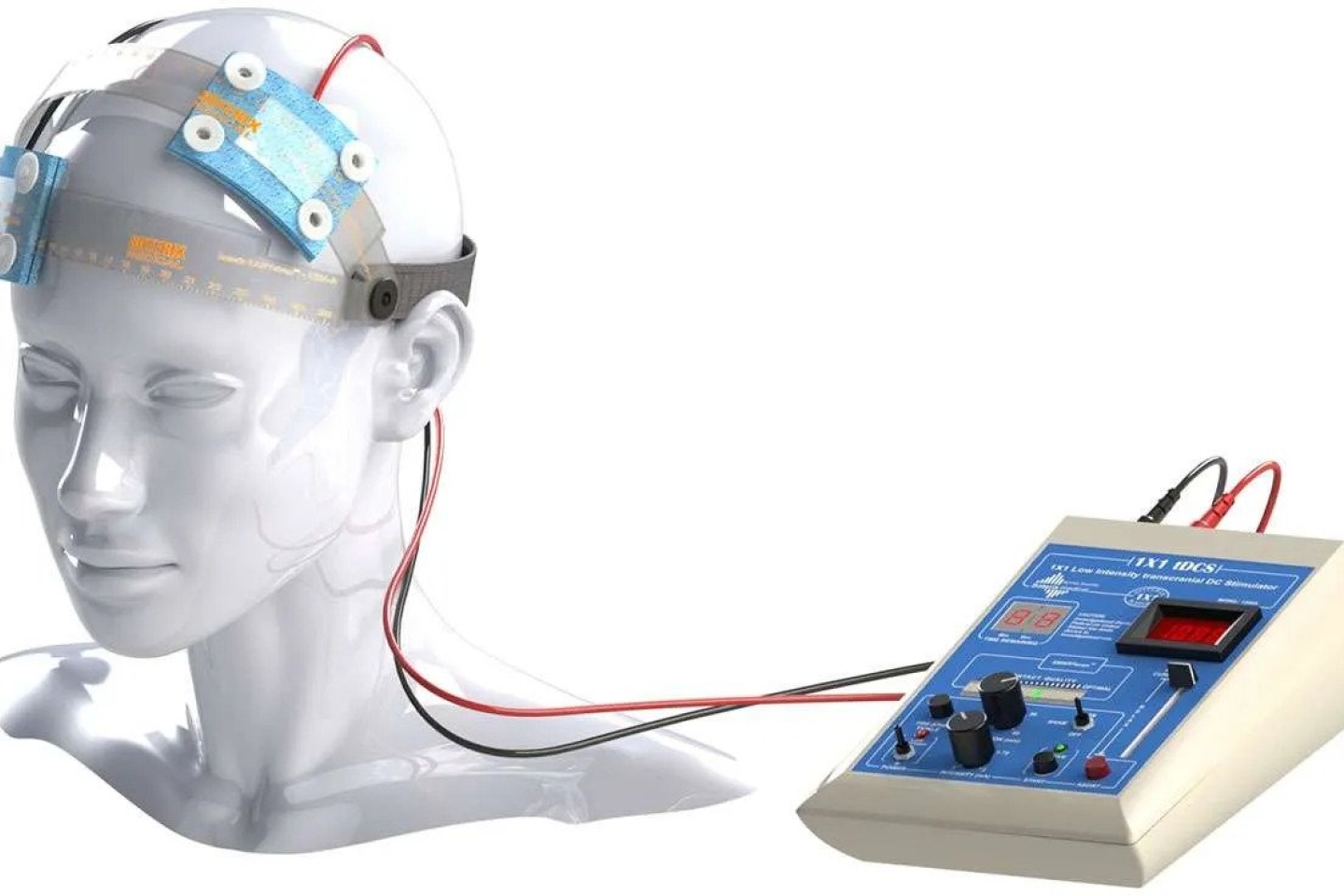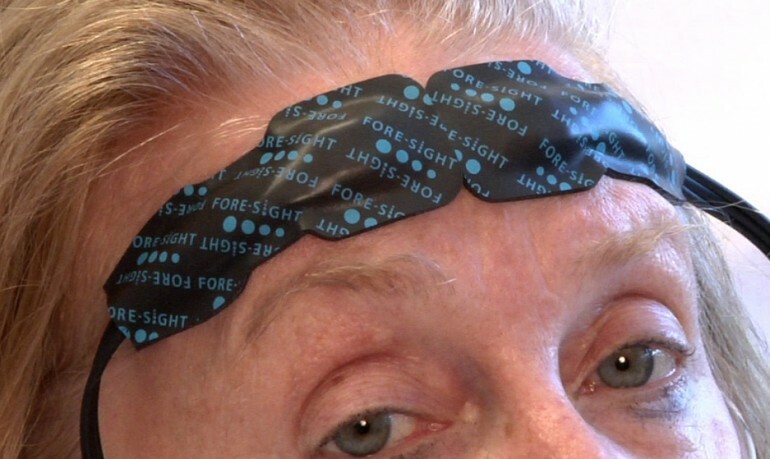
What if a drug could improve learning and cognition and had no untoward medical consequences?
Wouldn’t it be justified to make it widely available? A group of scientists concluded three years ago that it would be.
No such drug exists, but the question arises anew because of a brain-stimulation technique that appears on paper to fit the bill. The technology, transcranial direct-current stimulation, involves applying weak electrical currents to the scalp through electrodes. It appears to alter brain activity in a long-lasting way that can enhance cognition.
Electrical therapies for the nervous system have a lengthy history. In about 45 AD, the Roman physician Scribonius Largus helped relieve pain by applying electric fish to a patient’s skin. Simple electric stimulation to the scalp appears to have myriad effects, possibly improving motor skills, vision, decision-making, problem-solving attention and mathematical reasoning in healthy individuals.
“Where can I get one?” you might ask. Take your choice. You might buy one for less than $1,000. Or you could make your own: it’s really just a 9-volt battery with a few electrodes, seemingly the perfect high-school science project.
Seems too good to be true. Let’s go now to the ethicists. “Is anything wrong with this picture?” asks an article in press in Current Biology. [Accessible as a PDF through an Oxford University science blog.]
The authors, Roi Cohen Kadosh and a group of scientists and ethicists mostly from Oxford University, note that the electrical brain stimulator really does appear to be pretty safe in healthy adults: there are no reports of seizures, one of the first concerns for any intervention that turns up the volume on neural circuits. In the blog on the University of Oxford site, Cohen Kadosh was quoted: “I can see a time when people plug a simple device into an iPad so that their brain is stimulated when they are doing their homework, learning French or taking up the piano.”








